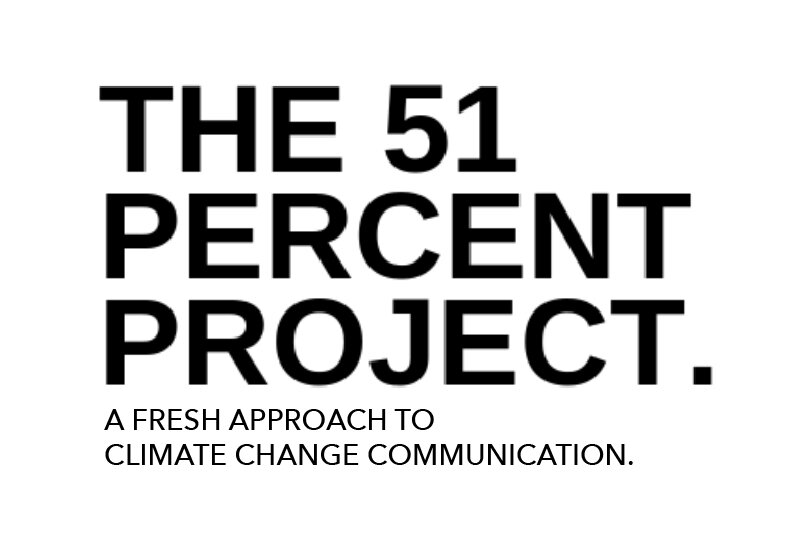As the Coronavirus (COVID-19) continues its global rampage, we see parallels to climate change in terms of risks and opportunities of society’s response to and experience through this unfolding crisis. In both emergency situations, effective communication is critically important for full societal engagement, across a full range of media and delivery systems, and for a variety of target audiences.
Both are global crises, oblivious to borders. Both raise certainties of dire consequences that will overwhelm current systems and infrastructure. Both need an immediate, urgent, sweeping global response. Both crises will affect all of us, regardless of wealth, or health, but those of us who are disadvantaged and compromised will suffer effects more severely. Both trigger mental health issues of anxiety, panic, dread, fear, paranoia -- all perfectly understandable under these circumstances and bound to infiltrate larger portions of the public psyche as they unfold.
Both crises require us to comprehend that we are part of a larger society and human race, and to behave in ways that account for those connections, and our own place in a larger community; the realization that this is bigger than us, that we are in this together. Attitudes of dismissiveness and complacency confuse and hamper progress on rapid response in both crises; can these people be called out, managed? Both crises are playing out in a historically polarized, politicized landscape of entrenched mistrust, burned bridges, and hardened positions. Both have curves, or arcs, that need to be flattened. Both are existential crises that call upon reservoirs of human compassion, capability, and character that are not often in play. And in both cases we are, as a global society, woefully unprepared -- despite warnings from the experts.

